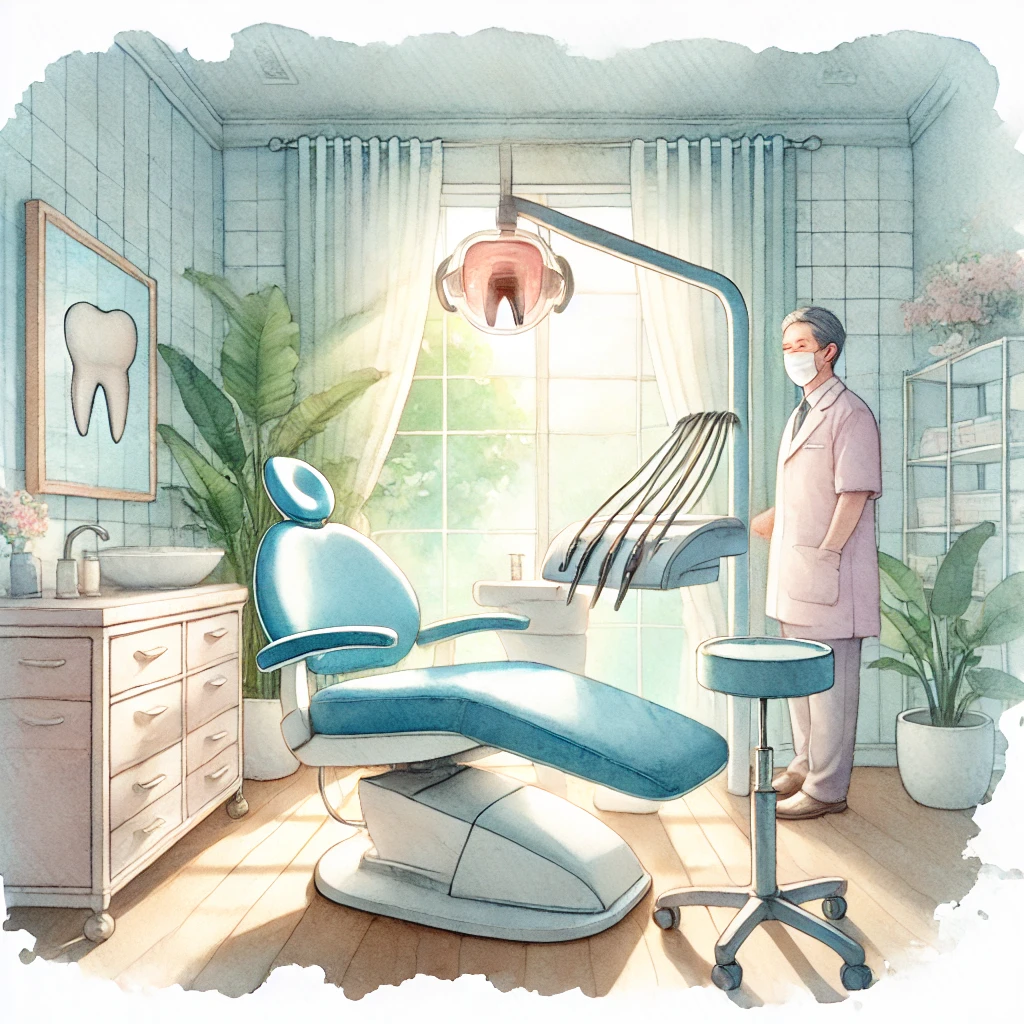Anxiety around dental visits? You’re not alone. It’s startling how universal this feeling is—the sweaty palms, the quickening pulse, the overwhelming urge to escape. Millions wrestle with this fear, yet postponing dental visits often leads to far worse outcomes. So, how do we face it?
Here’s a candid, no-nonsense approach to overcoming dental anxiety—mixed with real stories, imperfect moments, and practical wisdom for any of us who’d rather be anywhere else.
What Is Dental Anxiety?
It’s more than being nervous—it’s a full-body reaction, sometimes even terror. From minor discomfort to debilitating fear, dental anxiety keeps people away from the care they need, often until the situation becomes urgent. Understanding what sets off these fears is key to managing them, so let’s look at the common triggers.
The Triggers Behind Dental Phobia
- Pain and Past Experiences – It’s understandable. For many, painful or numbing dental experiences left a lasting scar.
- Loss of Control – Being vulnerable in the chair can feel unsettling.
- Sounds, Sights, and Smells – That drill’s sound, the brightness of the light overhead, the antiseptic smell.
- Self-Consciousness – If you’re already self-conscious about your teeth, the dental office only adds pressure.
Turning Dread into Something Manageable
Choose a Dentist Who Gets It
This isn’t a ‘one size fits all’ situation. The right dentist, especially one experienced with anxious patients, can make a world of difference. Look for those with “fearful patient care” specialties—often indicated on their websites. Book your visit mid-morning, so there’s less wait time. Because sometimes, waiting alone in a silent, sterile room only amplifies the dread.
Have an Honest Chat with Your Dentist
The truth? Dentists know people are scared. They’re not going to judge you. Share your past experiences, what scares you, and discuss options like sedation. By sharing your fears, you give the dentist a roadmap to help you feel more comfortable, even if it feels awkward.
Mental Prep Techniques that Really Work
Breathe Your Way to Calm
The classic 4-7-8 technique: Inhale for four seconds, hold for seven, and exhale for eight. It sounds almost too simple, but it’s highly effective. Practicing this even days before can start calming the nervous system, grounding you when anxiety starts to creep in.
Stay Occupied: Embrace the Distraction
Sometimes, we need something to pull us out of our heads. Bring that book you’ve been meaning to finish or your favorite playlist. Noise-canceling headphones are fantastic for muting dental sounds, and chatting with the dental staff can also offer a welcome distraction.
Visualize Yourself Somewhere Calm
It may sound silly, but visualizing a place you love can transport you. Imagine the ocean, the calm of the trees. Picture it in detail—the sound of waves, the feel of sand. Combining this with deep breathing can help keep nerves in check.
Considering Sedation: When Deep Breaths Just Aren’t Enough
For some, sedation is the best solution. Laughing gas, oral sedatives, or even IV sedation are available options. Talk it over with your dentist to see what might work best. Knowing there’s an option to soften the experience can bring a sense of control, even if you don’t end up using it.
Facing Fear with Confidence
Communicate Throughout the Appointment
Trust starts with communication. Tell your dentist how you’re feeling. Most will talk you through every step, offering reassurance. It’s okay to ask questions and request clarity—this is your appointment.
Use Hand Signals
Establish a signal with your dentist, like raising a hand, to pause if you’re feeling overwhelmed. This tiny bit of control can make all the difference when you’re in the chair.
Take Breaks if Needed
Breaks allow you to reset emotionally. Don’t hesitate to ask for a short breather—these pauses can make the process smoother for you and the staff.
Long-Term Solutions for a Calmer You
Cognitive Behavioral Therapy (CBT)
CBT can help reframe those deeply rooted fears by changing the way we think. Working with a therapist, you can start reducing negative thoughts about dental care, making each appointment easier over time.
Alternative Therapies Like Acupuncture
Acupuncture’s proven to relieve stress and promote relaxation. It’s not for everyone, but for some, it offers the calm they need before stepping into the office.
Medication as a Last Resort
When anxiety is overwhelming, medications like benzodiazepines can provide short-term relief. For longer-term management, options like SSRIs could be explored. Always consult a doctor before using medication as part of your routine.
Common Concerns & Their Fixes
Fear of Pain
The top fear. Modern dentistry has changed dramatically, with techniques to minimize discomfort. Numbing gels, local anesthesia—dentists have a range of tools to make it easier than ever.
Fear of Losing Control
Work out a plan with your dentist. Understanding each step, using hand signals, and breathing techniques all help to ease the fear of feeling ‘stuck’ in that chair.
Bad Experiences
Previous trauma makes it hard to trust, and that’s okay. Sharing past stories lets your dentist adjust their approach and maybe refer you to someone who specializes in extreme anxiety.
Conquer Your Dental Anxiety, One Breath at a Time
Dental anxiety doesn’t have to win. It’s about making a plan and taking small, manageable steps forward. With a bit of practice, the once-dreaded trip to the dentist can become a step toward healthier teeth and a brighter, anxiety-free smile.















